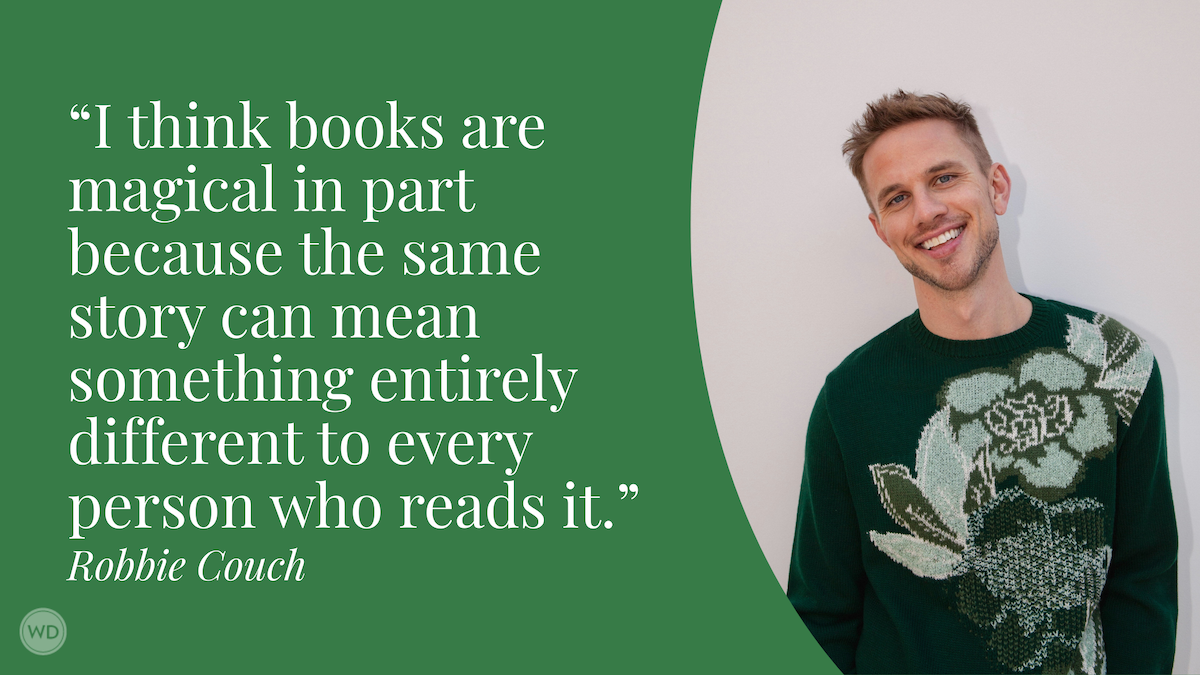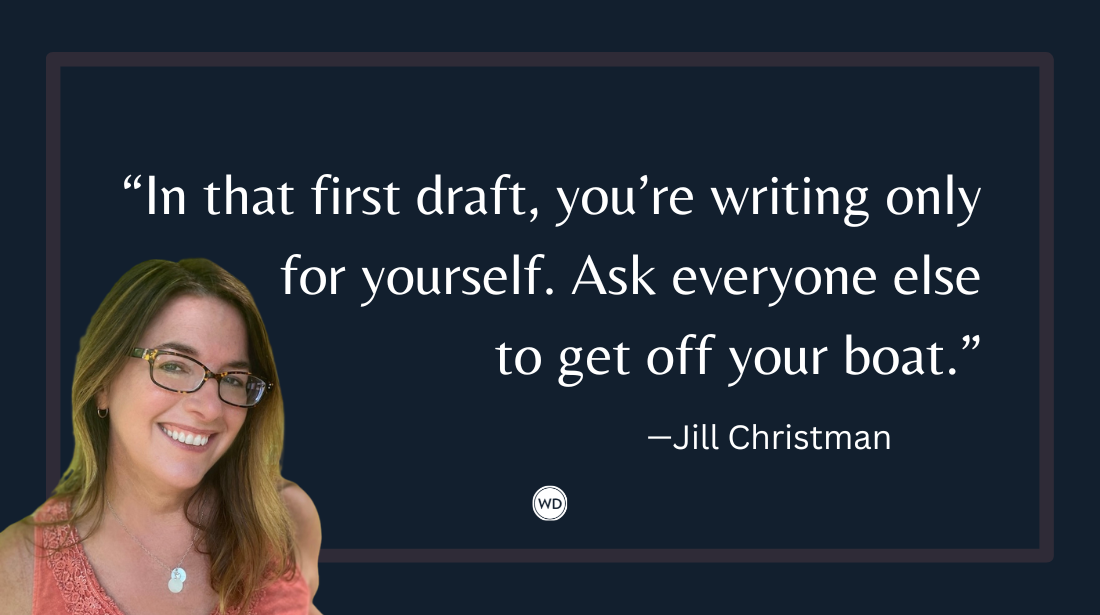Hafizah Augustus Geter: On Confronting Complicated Questions When Writing Memoir
Award-winning writer Hafizah Augustus Geter discusses how her experience as a poet helped her take on her new memoir, The Black Period.
Hafizah Augustus Geter is a Nigerian American writer, poet, and literary agent born in Zaria, Nigeria, and raised in Akron, Ohio, and Columbia, South Carolina. She is the author of the poetry collection Un-American, an NAACP Image Award and PEN Open Book Award finalist. Her writing has appeared in The New Yorker, Bomb Magazine, The Believer, The Paris Review, among many others.
The poetry committee co-chair of the Brooklyn Literary Council, she is a Bread Loaf Katherine Bakeless nonfiction fellow, a Cave Canem poetry fellow, a 92Y Women in Power Fellow, and holds an MFA in nonfiction from NYU where she was an Axinn Fellow. Hafizah lives in Brooklyn, New York. Follow her on Twitter and Instagram.
In this post, Hafizah discusses how her experience as a poet helped her take on her new memoir, The Black Period, her advice via a resource for other writers, and more!
Name: Hafizah Augustus Geter
Literary agent: Ayesha Pande at Pande Literary
Book title: The Black Period: On Personhoood, Race & Origin
Publisher: Random House
Release date: September 20, 2022
Genre/category: Nonfiction/Memoir
Previous titles: Un-American (Wesleyan University Press, 2020)
Elevator pitch for the book: The Black Period is about my personal and political experiences with Blackness, chronic pain, shame, queerness, and the intersection of grief and Islamophobia, but most importantly, it’s about how the stories we inherit can be remade.
IndieBound | Bookshop | Amazon
[WD uses affiliate links.]
What prompted you to write this book?
I began writing The Black Period as a response to the questions and mysteries that I found myself haunted by. I understood that so much of my grief—from my own shame around my chronic pain to my difficulty grieving my Muslim mother—was, in part, a political condition, but I didn’t understand how.
What did I, as a Black queer woman, owe other non-Black oppressed people? Why do our cultural ideas of “luck” feel, to me, like a tool of white supremacy? How did forgiveness and white supremacy connect to the anger I harbored against my own kin? In a carceral and militarized country like America, I suspected that war was one of the most defining aspects of my life but, being so removed from the immediate consequences of war, I struggled to understand how the dots were connected from America’s wars to my individual experiences.
The questions that haunted me were complicated. A poet, I found that prose allowed my roving mind the time and space to take those difficult journeys on the page.
How long did it take to go from idea to publication? And did the idea change during the process?
I began writing the book in 2017, with the chapter, Theatre of Forgiveness. I continued to work on the book as an Axinn Fellow and MFA student in nonfiction at NYU and sold the book to Random House in early 2021, for a September 20, 2022 publication.
What changed most over the course of writing, and until I turned the final draft over to my editor, Jamia Wilson, was the vulnerability that I had to allow myself with each revision. I was extremely lucky to have a cast of incredible editors in the women of color who helped me create this book, from my agent Ayesha Pande to Parul Sehgal, my thesis advisor at NYU, to my friend and most trusted editor, the poet Camille Rankine, to Jamia Wilson, my editor at Random House—each of these women required so much of me.
It was utterly exhausting. I am so, so grateful in all that each of them saw to demand.
Were there any surprises or learning moments in the publishing process for this title?
I also work in publishing, formerly as a book editor, and now as a literary agent at Janklow & Nesbit, so I had a fair idea of what to expect process wise. My book has 60+ illustrations, including two color inserts by my father, the artist Tyrone Geter. Though I always imagined these images in the book, how the images participated in the text changed many times over the course of its making.
At the end of it, it’s final ordering was mainly intuitive, but I was able to see just how much of my parents’ lessons and stories lived in me, by the way my words, and in many ways, responded to, or echoed my father’s images. There is something beautiful—and though it shouldn’t be, something surprising—about being an adult and wholly recognizing yourself as your parents’ child.
Were there any surprises in the writing process for this book?
The conversations I had with my editors, from Ayesha to Parul to Camille to Jamia, and what talking to them made me have to reconsider about my world and the way I saw it, and exactly what ethical witness looks like on the page.
What do you hope readers will get out of your book?
Hope.
If you could share one piece of advice with other writers, what would it be?
JSTOR is your best friend.









